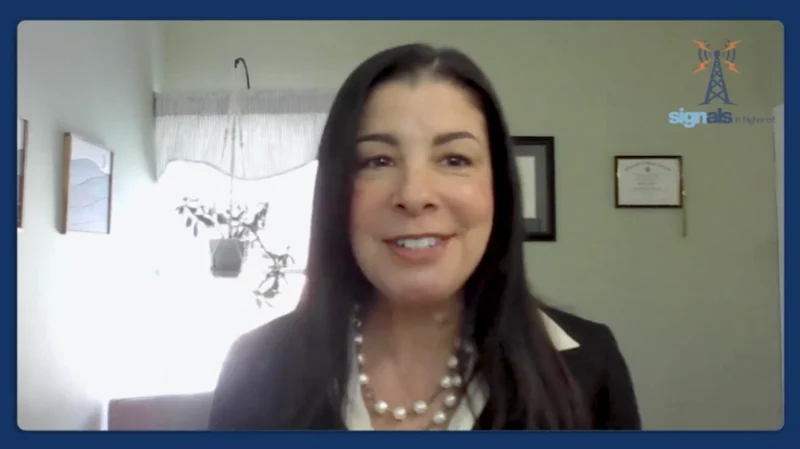Generative AI is Disrupting EdTech For The Better as Platforms are Forced to Integrate with ChatGPT
The launch and success of generative AI tools like ChatGPT are creating a seismic shift in edtech, reshaping how teachers and students alike engage with learning platforms and posing a challenge for edtech platforms who’ve been planting their flag on similar services.
For example, online education platform Chegg recently revealed that a surge in student interest in ChatGPT, an artificial intelligence tool, has hampered its growth since March. This shift in user behavior has contributed to the company’s projected quarterly revenue falling short of the expected $193.6 million, with estimates now standing between $175 and $178 million. Following this news, Chegg’s shares dropped by 48.41%, highlighting the significant impact of generative AI on edtech.
As a countermeasure, Chegg is collaborating with OpenAI to develop its own AI product, CheggMate, although it is not expected to exert a significant influence on the company’s performance until 2024 at the earliest. Leena Marie Saleh, Design Educator at Canva and co-host of Voices of eLearning, breaks down the current wave of generative AI disruption in edtech, and says that while AI’s capacity is impressive and will depress edtech growth in the short-term, the long-term for edtech is bright if it integrates generative AI into its platforms.
Leena Marie’s Thoughts
“So, where ChatGPT is most poised to disrupt edtech is going to be we’re going to see teachers leaving platforms to be able to utilize ChatGPT. And what we’re going to learn, the same thing that’s going to happen with students, is that teachers are going to have to adjust how they’re teaching and how they’re teaching students to learn based on what they can easily gain from using ChatGPT.
It’s kind of like when Google first came to the market or Ask Jeeves or any of those types of platforms and how we just kind of had to adjust with Wikipedia and all those types of things. So, we start to see a downward flow, and then if we think about the context of Chegg, Chegg recently did adopt CheggMate, which CheggMate integrated ChatGPT into their platform.
But students are thinking, “oh, why do I need to go to Chegg when I can go to ChatGPT to receive those resources?” But the difference between those two platforms is that the AI that is on the backside that students weren’t originally thinking was there is constantly learning and iterating based on the student and what the student knows and doesn’t know. And so, we’ll start to see that chat GPT, while a great resource, needs to be accompanied by another resource in order to complement it the most.
So students will, and the [Chegg] CEO knows this as well, we will see a dip in all edtech platforms for a minute and people thinking about, “why do I need to adopt this when I could do this?” But what it will do is companies will have to adapt and bring ChatGPT into their platforms off the backs of the tools that they’ve already built, and it’s the place where students and teachers already know and love, and with that will become the biggest compliment. But we’ll start to see a dip before we start to see it go back up and teachers going back to those platforms that they know and love, or we’ll start to see new platforms emerge.”
Article written by Daniel Litwin.








